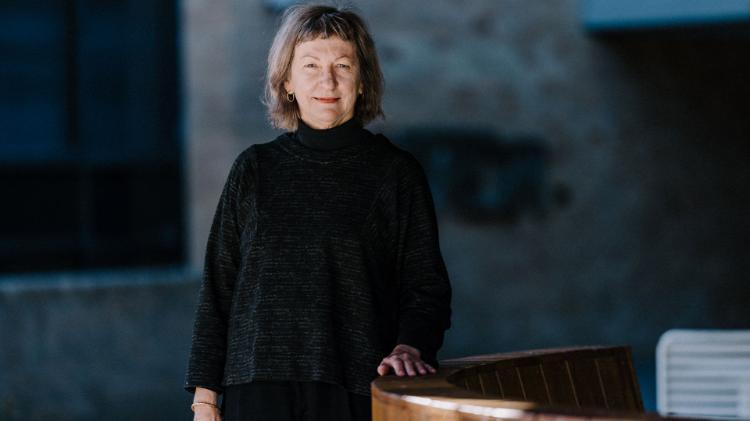Case studies
A team of UOW School of Education linguists have joined forces with the Universities of Kryvyi Rih and Kharkiv, TESOL Ukraine, and a US partner to deliver a project which aims to enhance Ukrainian students’ proficiency in English, equipping them with the necessary language skills to thrive in international contexts.
The Bilingual Ukrainian English Primary Schools in Ukraine project came about after Ukraine born and raised, Dr Ruslana Westerlund, from Wisconsin Cooperative Educational Service met with academics from Ukrainian universities. Yet it was after Dr Westerlund’s trip to Australia in 2016 and meeting with UOW’s Associate Professor Pauline Jones and Emeritus Professor Beverly Derewianka, two leading figures in educational linguistics and authors of the best-selling book Teaching Language in Context, that she became eager to bring these innovative approaches to her home country of Ukraine.
Despite being delayed by the difficult political situation in Ukraine, the project began in September 2023, marking a significant milestone in advancing bilingual education and English language proficiency in Ukraine.

- SDG 4 – Quality Education
- SDG 10 – Reduced Inequalities
- SDG 16 – Peace, Justice and Strong Institutions
- SDG 17 – Partnerships for the Goals
Revolutionising Ukrainian education through linguistics
















